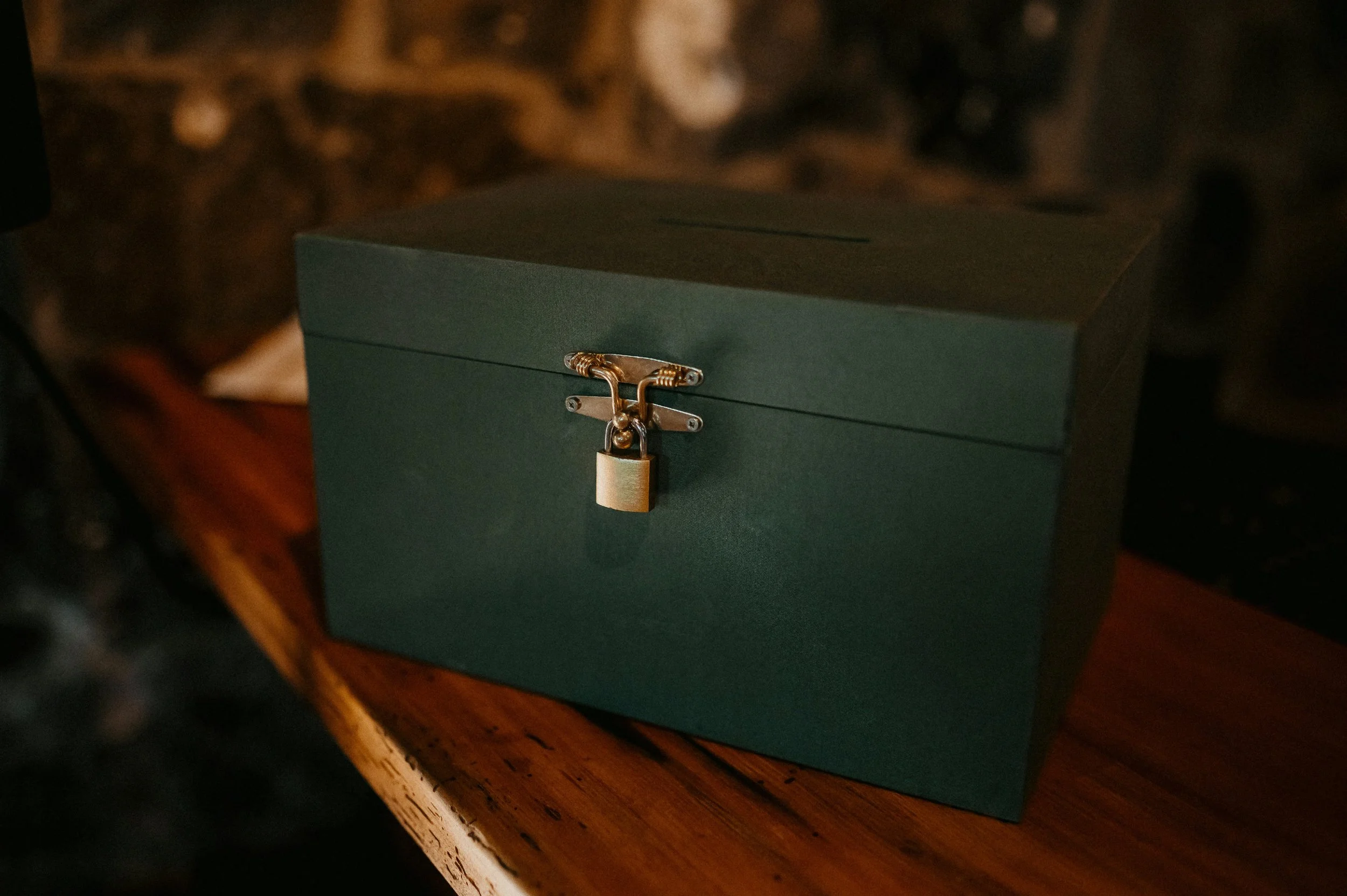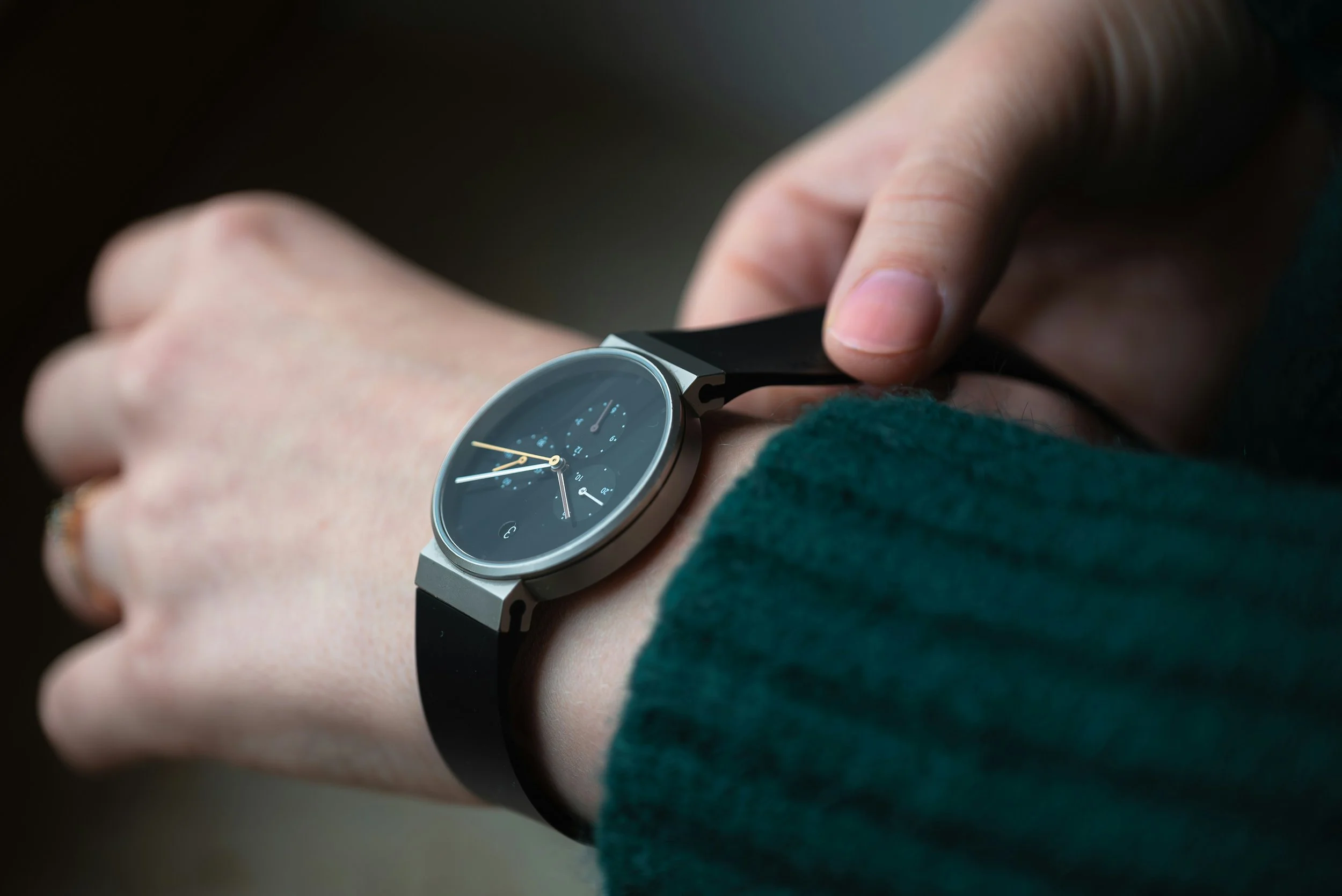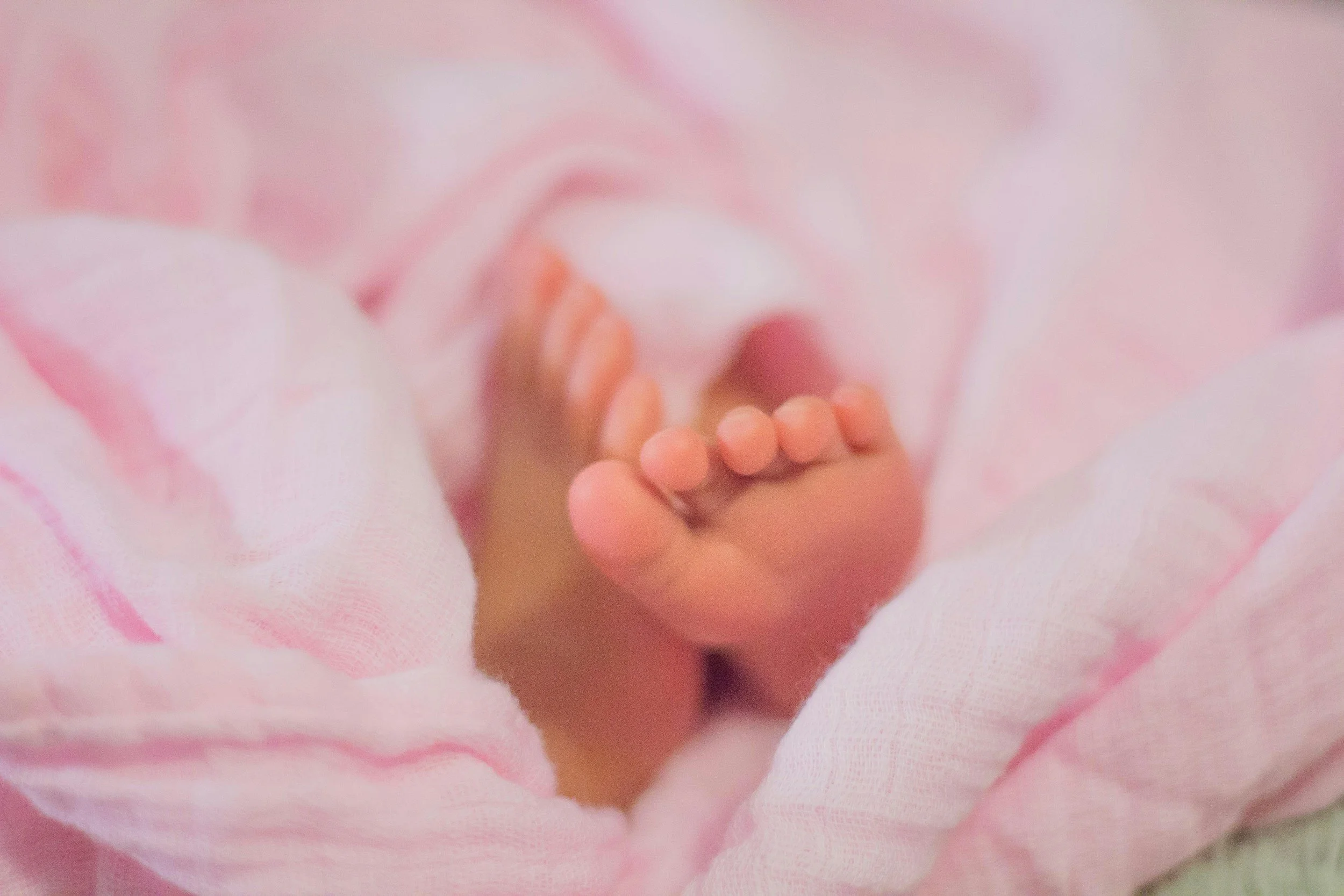I’m waiting to hear whether a good publisher, a dream editor, actually wants my novel tentatively titled The Heart Wants What it Wants. The title is inspired by Emily Dickinson and, as it turns out, Selena Gomez. I feel like killing myself. I can’t write, I can’t focus, I’m angry and sad and certain I’m going to get my own heart broken. Again. I keep choosing parts of the book to reread and then I think, “Jesus, I suck,” or “Hey, I’m brilliant,” but neither is true and I’m tired. My husband tries to be supportive but he has no idea what it means to write books and wait and wait and then discover whatever it was you thought you’d managed to accomplish could be dismissed in a sentence: “Not what we’re looking for.” “Ultimately, I remain unmoved.” “Molly has such a unique voice but our list is full.” Yadda, yadda, yadda.
Why did I become a writing coach? Because I had my first teaching job at Brooklyn College and was faced with a classroom of Haitian immigrants, I needed to learn how to teach writing. Not literature analysis, reading, or grammar. Writing using those aforementioned subjects, a sense of humor, a willingness to learn on my feet, and a deep empathy for my students struggling to remain in the United States, take care of their families, and find jobs. They wrote about these things, and I found work by James Baldwin, Hemingway, Tillie Olsen, and articles in the newspaper, stories about assimilation, loss of home, and identity. We wrote and we read and I corrected their essays and found forms like letters home, poetry, and storytelling that helped them become better writers. I learned the teaching of writing is an extension of voice which is personal, unique and easily silenced or distorted. I loved that work. I still do.
Am I still a daughter after my parents have died? I am mulling this issue of identity with the new relationship, a granddaughter born to my only child. He is now a father, and I am still his mother, but that role has moved into the shadows while this new history is formed. I can remember the wonder of him, the shock of understanding my life no longer mattered more, the intensity of love I had never experienced.
She’s gorgeous and the best moment was my beloved son saying, “Mom, you can watch a YouTube video on how to hold a baby.” I, being a perfect mother did not respond with sarcasm or guilt inducing lists of all the labor (sic) involved giving birth to him (seventy-two hours of back labor). I smiled and said, “Thank you darling, maybe I will.” They are new parents with their Ming vase. My role is a wonderful mystery. How to be a grandmother is a manual I could use. I love her from a place I have yet to understand.
In 1980, the country was in a recession, and a recent graduate with a history degree and no practical skills, like typing, was not a viable candidate for most jobs. Until the consent decree that opened up higher-paying outside jobs to women, the Bell system largely employed women as operators at a much lower pay scale. I was hired to be trained as a telephone installer, then placed as a manager in an installation garage. After I graduated from pole climbing, I was told to report to work the following day. I would meet my gang of employees and start my job as a Resident Installation Foreman for New Jersey Bell Telephone.
I started writing my story because of silence, because of shouting and the sound of broken glass, and my mother’s face in the morning, sometimes marked by the night before, sometimes turned away to show how truly hurt she was. Because of the empty bottles on the dining room table, the glasses half-filled, the sense that whatever had happened was terrible, a threat to happiness. That happiness was the talk at dinner with my parents telling stories, their laughter, and their devotion to the creative work that seemed the only choice in a world marked by greed and war, in a world that watched the Vietnam War rage on, in a world where men in suits, a certain suit, decided, napalm or more dead soldiers? I started writing my stories out of love, fear, and anger. Someone needed to tell the truth, to illuminate the dim corners of the past, my father’s broken childhood, my mother’s ambition thwarted by those who believed a woman with three children and a husband had no business designing houses.
Reading Sally Mann’s book, Art Work: On the Creative Life, presents an argument for persistence, the rejection of fortune for the sake of owning your vision and a helpful chapter on rejection, a word most of us hate but also accept as the unwanted payment for effort. Once I submitted a novel that was returned so quickly, I imagined throwing it over a wall and having it immediately tossed back. Yes, it was years of effort sent packing within a matter of days. Did that stop me? No. Neither did the reaction of my parents when I summoned them to listen to my first story that began, “They were like two ships passing in the night. Her eyes were velvet blue, and her cheeks were the color of roses.” I had discovered clichés and was captivated by language. They listened, sighed, left halfway through with a single remark, “How terrible.”
My only child is becoming a father in a few weeks. His stepfather has eight grandchildren. When we married, they were traumatized teenagers who had little use for a substitute mother, their own mother close to death from drugs and drinking. She’s still alive. Despite a certain lack of understanding what it means to be an adult; my husband is an adored grandfather. I, on the other hand, suggested they call me, “Whose that lady?” when he asked what name I would choose as their step grandmother. Yes, I wish them happy lives and support his relationship with them, but I saw myself as an adult friend, a resource in case of crisis.
I tried so hard to use literature to change the truth. Reading A Tree Grows in Brooklyn I knew this father was portrayed as a drunk who loved his daughter, the daughter devoted and yet fully aware her father can’t protect her from the reality of his addiction, was just like my father, I was like his daughter, I did not want this. I did not want to understand why Lear grieves as Cordelia takes her own life, unable to bear her father’s mad anger, why Milton’s daughter transcribes Paradise Lost for her blind father, and why I asked him to read my work despite some of the cruelty of his feedback.
There was once a fantasy man, silent, slightly dangerous, tall, handsome, frequently masked. Yes, I was in love with the Phantom from the comics, the the Phantom who lived in a place called Bengalla, in the Skull Cave, with Hero the white horse and his wolf, Devil. Unfortunately, he had a sexy, adult girlfriend named Diane Palmer whom I ignored. After all, as a nine-year-old girl whose mother cut her crooked bangs, I could not compete with the large-bosomed Diane. But then there was The Highway Man who in the poem, loved Bess, the landlord’s daughter. Bess warns the highway man away from an ambush by shooting herself with a musket but then he returns to the inn and is shot. His ghost still rides the road to the inn. I used to read this poem aloud to our cleaning ladies who found my obsession with love and death odd in someone so young and seemingly safe in a New Jersey farmhouse. And don’t get me started on vampires!
In 1969, I was twelve and when my father said he was going to drive to Washington to protest the Vietnam War, I asked if I could go with him. The year before had been marked by the assassinations of Martin Luther King, Jr. and Bobby Kennedy, the Chicago Democratic Convention which was televised live, and violent antiwar demonstrations on college campuses. My oldest sister was attending Radcliffe, and I was terrified that she was going to be killed.
Until now I have never, yes never, experienced writer’s block. If I had nothing to say, I did something else; baked bread, went to the movies or a museum, walked, read a book. I was fine to not be writing. If I had nothing to say I was able to redirect and find a way to feed my creative life. But this feels different. There’s a pause which I’ve experienced before, waiting to hear from an editor or agent. But this pause is uncomfortable, and I can’t seem to avoid bad things like scrolling on my phone to watch videos of cats wearing hats, beating up bewildered dogs or simply staring the way cats frequently stare. Or insanely unhealthy food being prepared by skinny, chirpy women; pounds of butter, condensed milk, peanut butter. or chocolate baked into cookies or cakes.











